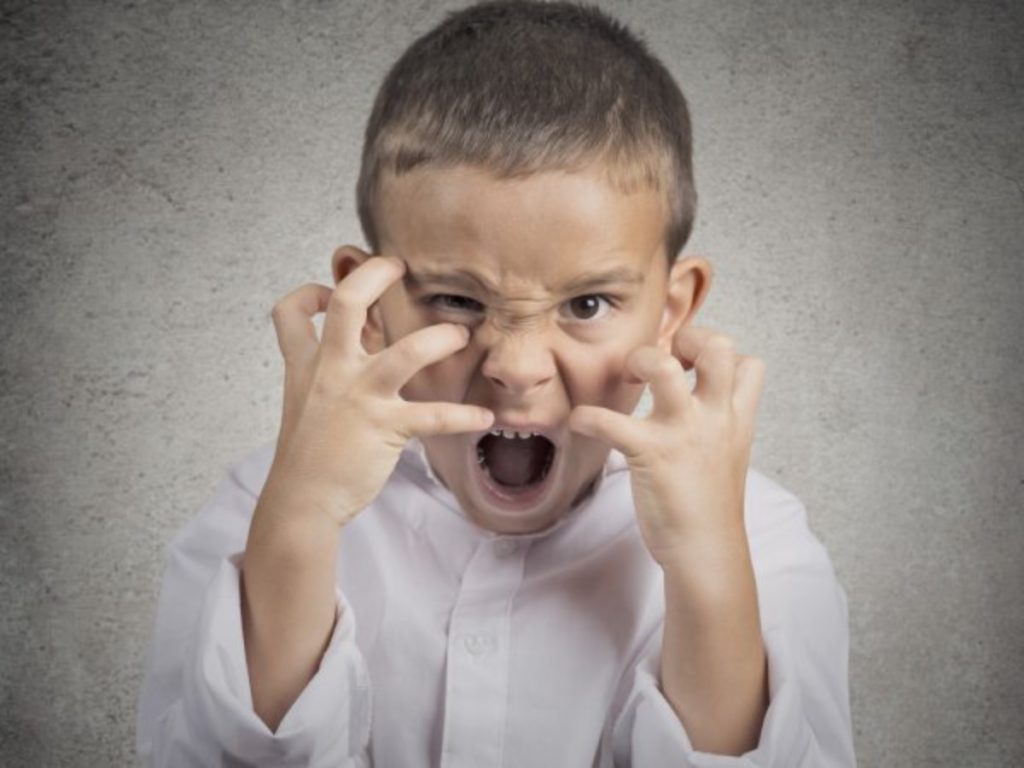Seven effective ways to help your child deal with anger

Sometimes kids exhibit angry outbursts because it’s an effective way to get their needs met.
All kids – like all humans – get angry and it’s tough to know how to help an angry child.
Some children, despite their small size, seem to have an endless supply of anger buried inside them. They grow frustrated easily. They yell. They might even become aggressive.
If you’re raising a child whose angry outbursts have become a problem, it’s important to teach them the skills they need to deal with their feelings in a healthy way.
According to parenting websites NHS, Parents.com and Very Well Family, here are seven ways to help with anger.
1. Tackle anger together
Team up with your child to help them deal with their anger. This way, you let your child know that the anger is the problem, not them.
2. Talk it out
Calmly ask your child to explain what has caused him or her to become so angry. Talking through the issue can help some children work through the anger and calm down.
3. Give comfort and affection
Let your little one know that you genuinely care about his or her situation and feelings. Toddlers can be comforted by your physical presence as can older kids facing a frustrating situation. And never underestimate the power of a hug to make a child feel loved and accepted.
4. Develop a plan to help your child calm down
Teach children what to do when they begin to feel angry. Rather than throw blocks, punch things or hit their sibling when they are angry and frustrated, teach them healthier strategies that help with anger. Instead, they can go to their room for a few minutes to calm down and compose themselves.
5. Teach specific anger management techniques
One of the best ways to help an angry child is to teach them specific anger management techniques. Taking deep breaths, for example, can calm your child’s mind and their body when they are upset. Going for a quick walk, counting to 10, or repeating a helpful phrase might also help.
Teach a variety of other skills, such as impulse control skills and self-discipline. Angry kids need a fair amount of coaching to help them practice those skills when they’re upset.
6. Make sure angry outbursts aren’t effective
Sometimes kids exhibit angry outbursts because it’s an effective way to get their needs met. If a child throws a temper tantrum and their parents give them a toy to keep them quiet, they will believe that temper tantrums are effective.
Don’t give in to your child to avoid a meltdown. Although that may be easier in the short-term, in the long run giving in will only make behavior problems and aggression worse.
7. Set a good example
Children mimic adults so the way you handle your own anger and frustration is sure to affect your child. Model positive coping skills – like doing something that calms you or getting away from a frustrating situation – and your child is likely to do the same.
Please note that these tips are merely suggestions of ways to try to help your child. If you’re concerned that your child’s anger is harmful to them or people around them, it is best to get professional help.



